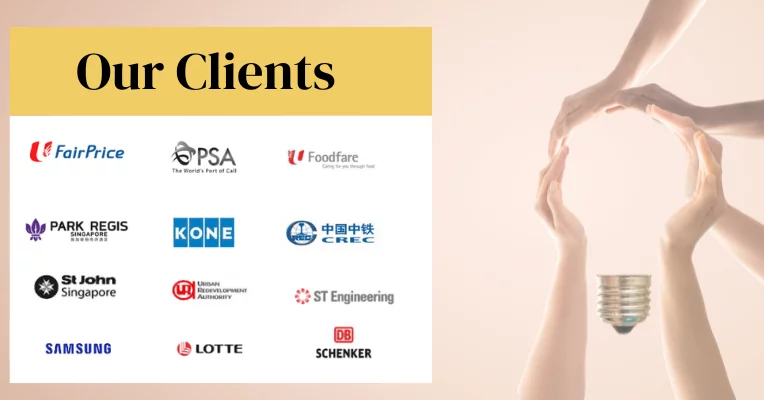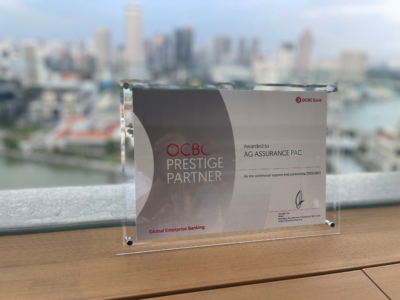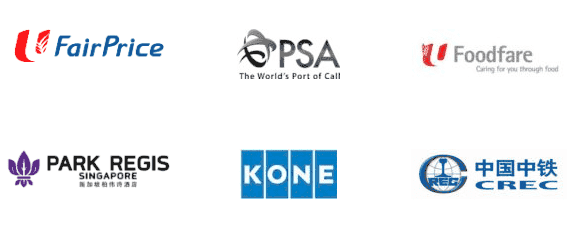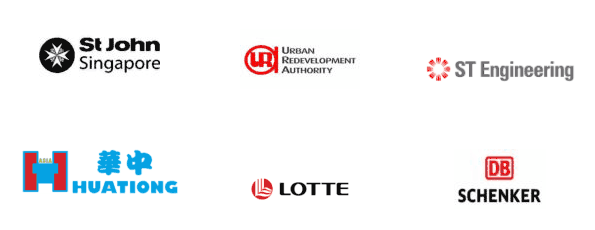Singapore has earned its reputation as a global business hub with its strategic location, stable political climate, well-developed infrastructure and business-friendly regulatory environment.
Thus, many brands are considering business expansion into Singapore. Still, one of the key decisions you need to make is whether to establish a branch, a subsidiary, or a representative office.
Each option has its advantages and disadvantages, and the choice depends heavily on your specific business needs and objectives.
Thus, in this article, we will explore the differences between a Singapore branch, subsidiary, and representative office to help you make the best decision for your business!
Singapore Branch Office

Legal Status and Liabilities
A branch office in Singapore is an extension of its foreign parent company and is considered an integral part of the foreign company rather than a separate legal entity.
This means that the parent company is fully liable for all the branch’s debts, obligations, and legal liabilities. In other words, the parent company’s assets are exposed to potential legal issues in Singapore.
Establishing a branch office is relatively straightforward, requiring only 1-2 working days to process and can conduct business activity forever until it closes.
Do note that the branch office’s name has to be identical to the name of the parent company, and contracts must be signed using that name.
Authorised Activities
The primary purpose of a Singapore branch office is to conduct business operations in Singapore on behalf of the parent company.
Thus, it is limited to the same business activities as the parent company, and the parent company retains full control over the branch’s operations and decisions. However, branch offices must appoint at least one local authorised representative.
That said, there are no restrictions for a branch office in hiring local or foreign staff, and it can open its corporate bank account or use the parent company’s existing one.
Annual Filing
Branches must register with the Accounting and Corporate Regulatory Authority (ACRA) in Singapore and submit their financial statements and other reports as required. When filing for annual returns, the branch office should be filing for itself and the parent company.
This can make compliance complex for the parent company as they must adhere to both local and international regulations.
Taxation
As a non-resident entity, branch offices are subject to a basic corporate tax rate of 17 per cent; local tax benefits and exemptions are generally not accessible.
That said, the tax treatment can vary depending on the nature of the business and the relevant tax treaties between Singapore and the home country of the foreign company.
Singapore Subsidiary Company

Legal Status and Liabilities
A subsidiary company is considered a separate legal entity from the parent company, and it is fully or partially owned by a foreign company, known as the parent company.
Its name can be the same or distinct from the parent company’s name, and just like the branch office, a subsidiary company takes 1 to 2 days to register and can operate until it closes.
Typically registered as a private limited company, it operates independently within the legal and regulatory framework of Singapore.
Therefore, the liability of the shareholders is limited to the amount of capital or investment it has in the subsidiary, which protects the parent company’s assets from the subsidiary’s debts and legal obligations.
Authorised Activities
A Singapore subsidiary entity must appoint at least one local resident director.
A subsidiary company can have the same or distinct range of activities from the parent company and can operate independently in Singapore, allowing for more flexibility in business decisions, including
- sales
- marketing
- financial transactions
- hiring local or foreign staff
- signing contracts
- opening its corporate bank account
Annual Filing
Subsidiary companies in Singapore must carry out annual filing in compliance with ACRA’s legal and regulatory obligations. The specific requirements for annual filing may vary depending on the size and type of the subsidiary company.
In addition to ACRA requirements, subsidiary companies may need to comply with other regulatory requirements based on their industry and specific activities.
These may include industry-specific regulations, licensing requirements, and compliance with the Inland Revenue Authority of Singapore (IRAS) for tax-related matters.
Taxation
While subsidiary companies are subject to a fixed corporate tax rate of 17% due to their status as a Singapore resident entity, depending on the business’s activities, they can access Singapore’s favourable tax regime, such as
- lower corporate tax rates
- specific local tax incentives and exemptions
- various tax schemes
Singapore Representative Office

Legal Status and Liabilities
A representative office, also known as a rep office, is a specific type of short-term business entity which cannot conduct any revenue-generating activities that foreign companies can establish in Singapore.
Registration for a representative office takes 3-5 days, and its name must be the same as the parent company and include “Representative Office”.
A representative office has no legal entity as it’s a temporary administrative arrangement, so any liabilities obtained would fall on the parent company. Nonetheless, representative offices are low-risk entities due to their restrictions and inability to incur a liability.
Authorised Activities
Representative offices are suitable for companies interested in exploring the Singapore market before making a substantial commitment.
Unlike a subsidiary company or branch office in Singapore, a representative office is more limited in its scope of operations. It is primarily used for non-profit-generating activities such as market research, liaison, and promotional activities.
However, they must have a Chief Representative, hired from the head office, and are limited to 5 employees. A representative office can open a bank account as well, but it can only be funded by their parent company.
Annual Filing
Representative offices have no obligation here as they do not generate income.
Taxation
Representative offices are not taxed as they do not generate revenue.
Establish Your Business Presence in Singapore with AG Singapore’s Hassle-free Incorporation Services

At AG, we have significant expertise and a professional understanding of the business sector to assist a variety of enterprises in effectively incorporating in Singapore.
No matter the type of business entity you wish to establish, our skilled consultants are committed to your company’s success, collaborating closely with you to understand your needs and provide customised solutions that reach your goals.
You won’t even need to step foot in Singapore – the majority of our contact will take place virtually, saving time and trouble. We work quickly and efficiently, providing a 360° solution for all your incorporation needs, from the provision of a company-registered address to company strike-off.
Additionally, we provide a comprehensive suite of corporate services that will cover all areas of your company’s registration and administration, allowing you to focus on what really matters – helping your firm flourish.
Start your journey to business success in Singapore with AG’s seamless services today!














